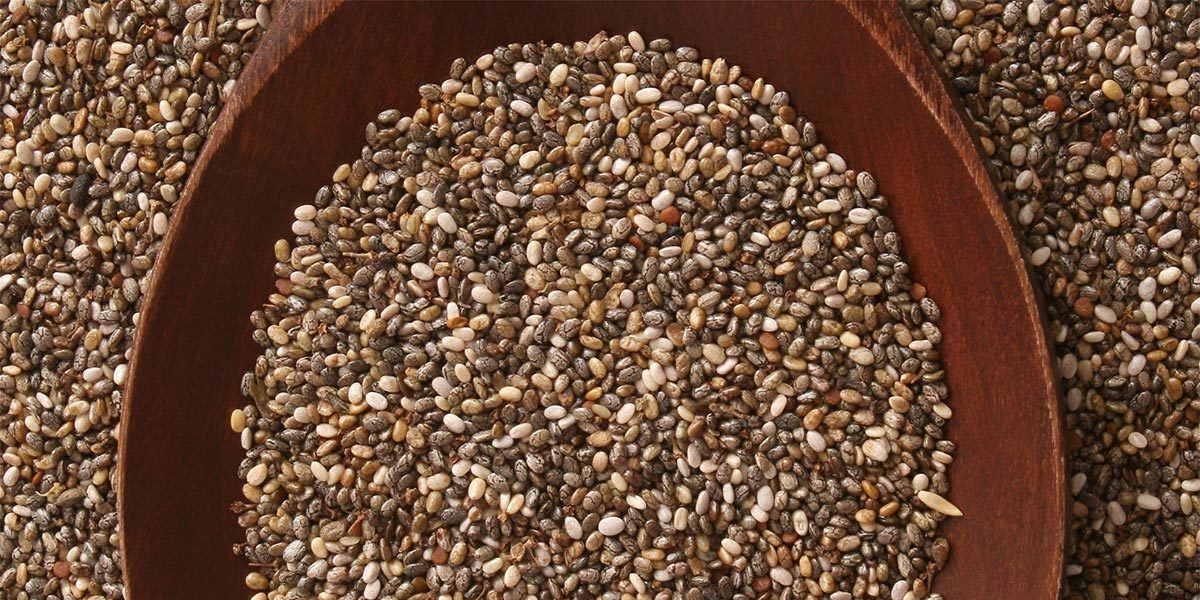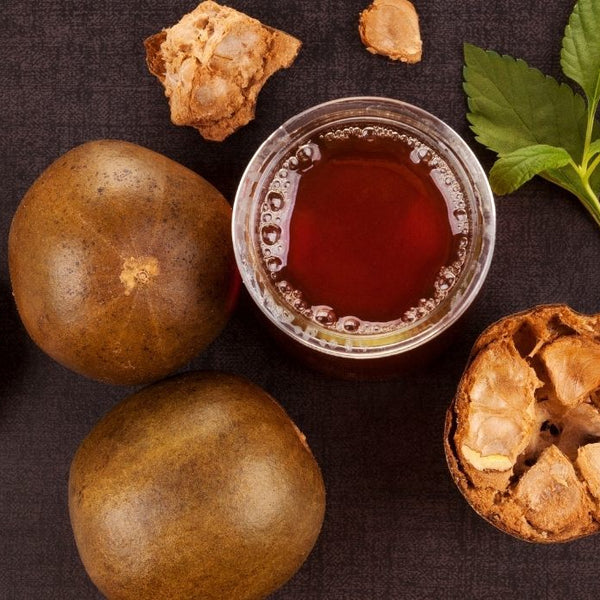
Protein For Vegetarians: Top 10 High Protein Low Carb Foods
The Best Sources of Protein for A Vegetarian Diet Protein is an essential macronutrient for building muscle mass and providing our bodies with energy throughout the day. Although it is commonly found in animal meat and products, there are plenty of other sources of protein for vegetarians! What’s important about this list is the sole focus on real whole foods. We’ve purposely left out the plant based protein shakes and protein powder because while they’re great, nothing beats real food in our books. Even if you’re not following a plant-based diet, this list will help you incorporate more greens to your everyday meals, while meeting your daily protein intake. Let’s take a closer look at the top 10 sources of protein for vegetarians, and answer some of the most burning questions about a high protein, low carb diet.
1. Almonds
Almonds are incredibly versatile nuts – they are an easy snack as is, but also works well as mix-ins for sweet and savoury dishes too! With as much as 21g protein per 100g, almonds make for a great source of plant protein. Although a good type of fat, almonds do contain a fair bit of unsaturated fat and should not be consumed in excess. Almonds can also come in different forms:- Whole blanched almonds
- Sliced almonds
- Slivered almond
- Almond flour
- Almond meal
2. Cheese
Dairy products like milk and cheese are well known for their calcium content but also make for an excellent protein source. The amount of protein differs depending on the type of cheese but in general, harder cheese (with a low moisture content) tends to have more protein per 100g. Fun fact: Parmesan is the highest protein cheese, containing 35.1g per 100g! Here are a few other examples of high protein, low carb cheeses:- Feta contains 17.4g protein per 100g, best served crumbled over a salad
- Halloumi contains 23.1g protein per 100g, perfect grilled due to its crispy outside but chewy inside
- Swiss contains 28.4g protein per 100g, great for sandwiches and dips
3. Chia Seeds
Chia seeds are the ‘superfood’ you need for your high protein, low carb diet. These tiny seeds are packed with about 20% protein, which equals to 4g protein per 2 Tbsp! This might not seem like much, but this is actually a HUGE amount for such a small portion – perfect, easy and very good for you. You may have seen both black and white chia seeds. What’s the difference, you ask? Nothing! According to The Australian Chia Co, the only difference is the outer-shell colour, and both will have the same neutral taste and nutritional value. As a versatile ingredient, it can be easily added into anything from cereal and smoothies, to sprinkling it on top of your toast or adding it to your salads. Of course, there’s also the classic chia seed pudding which is an easy and quick dessert! Love the sound of Chia? You may want to try these delicious Orange, Almond & Chia Muffins - they’re low carb, gluten free AND vegan friendly!4. Eggs
Eggs are an easy way to incorporate more protein in a vegetarian diet. According to Australian Eggs, one serving (equivalent to 2 eggs) contains 12.7g protein! It is the food source with the highest nutritional quality protein and all the essential amino acids. With so many different ways to cook eggs (sunny side up lover here!), it is a great addition to your high protein, low carb diet. Not to mention, they’re also low in calories and affordable. Does it get any better than this?! Add some poached eggs to your avocado toast or a sunny side up to your meal, and you won’t have to worry about not meeting your protein intake.5. Legumes
Legumes is a broad category which includes all forms of beans and peas, such as chickpea, lentil and lupin. They have an exceptional nutritional profile and are a cost-effective protein source, amongst other nutrients such as fibre. The amount of protein differs depending on the type of legume. These are some of the high protein legumes, as suggested by the Grains and Legumes Nutrition Council (GLNC):- Soybeans (known as edamame) contain 13.5g protein per 100g
- Hummus dip, primarily made of chickpeas, contain 9.3g protein per 100g
- Lentils contain 7.3g protein per 100g
6. Protein Bread
Bread as a protein?? YES! You read that right. Our Protein Bread Mixes (Original & 6 Seeds) are fantastic source of protein, and whilst yes this may come across as a bit of a plug, but it's true! 1 serve of Protein Bread has 18g of protein and 6 Seeds has 17g.7. Protein Pancake
Fill up on a protein-rich brekkie like our Protein Pancakes and stay satisfied until lunch time. No need for a mid morning snack! Each stack of fluffy pancakes gives you a whopping 20g protein 💪🏼 Enjoy with all your classic pancake toppings! Our fave - Sugar Free Maple syrup and butter!8. Protein Pizza
Another game-changing favourite product of mine, our Proten Pizza base! 1 serve has 27g protein! That is crazy good. Enjoy a vegetaran pizza filled with lots of veggies and your favourite cheese and hit your macro goals. Sooo good!!9. Spirulina
Spirulina is an edible blue-green algae which grows in both fresh and salt water and has many health benefits including being rich in protein and amino acids. Protein makes up 60% of spirulina’s dry weight, which means you’re getting 4g protein per 1 tsp! According to health advice, a typical dose is around 1-2 tsp per day, and can help add extra iron to your vegetarian diet too. However, don’t rely on spirulina as your only source of iron. Spirulina often comes in a powder form and can be taken straight by mixing it with some water. Its natural taste might not be for everyone, so we recommend adding it to your breakfast smoothie or an afternoon pick-me-up. It’s also a great energy booster!10. Tofu
Tofu is another popular vegetarian and vegan protein source. It doesn’t give you the same amount of protein as lean red meat, but there is still 18g protein per 100g! Made from soybeans, tofu has a bland taste which may deter some people, but it’s an excellent absorber of flavours. This means tofu can be cooked in so many different ways to make it savoury, sweet, crunchy or soft. Check out this article which gives you a lot of recipe ideas including breakfast, dinner and even dessert! There are three common types of tofu you can find at your local Asian grocer and some supermarkets:- Silken is the softest type of tofu, and can be used in cheesecakes
- Regular tofu soaks up flavours of sauces and broths well, making it ideal for soups and stews
- Firm is the most popular type of tofu for stir-frys
Protein for Vegetarians: Your Top Questions Answered
Now let’s answer some of the most common questions and misconceptions regarding vegetarian sources of protein and/or following a plant based diet.Q. What is the benefit of following a high protein low carb diet?
A. Following a high protein, low carb diet helps you achieve your weight loss goals! When considering weight loss, you want to be able to lose body fat (subcutaneous and visceral) and not muscle mass. That’s why monitoring your protein and carbs intake are fundamental to a healthy weight loss journey. Check out our high protein, low carb recipe ideas! The two main benefits of a high protein, low carb diet include:- The combination of high protein and strength exercises will kickstart effective fat loss, and keep your metabolic rate higher
- A low carb diet causes your body to burn the stored fat for energy, leading to weight loss


